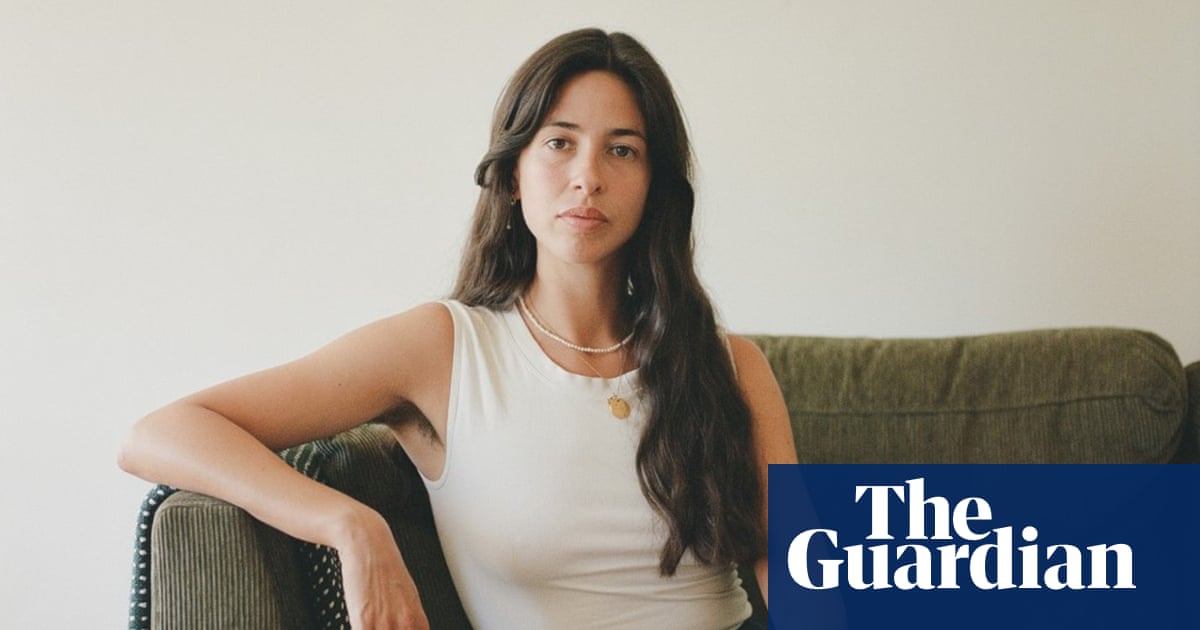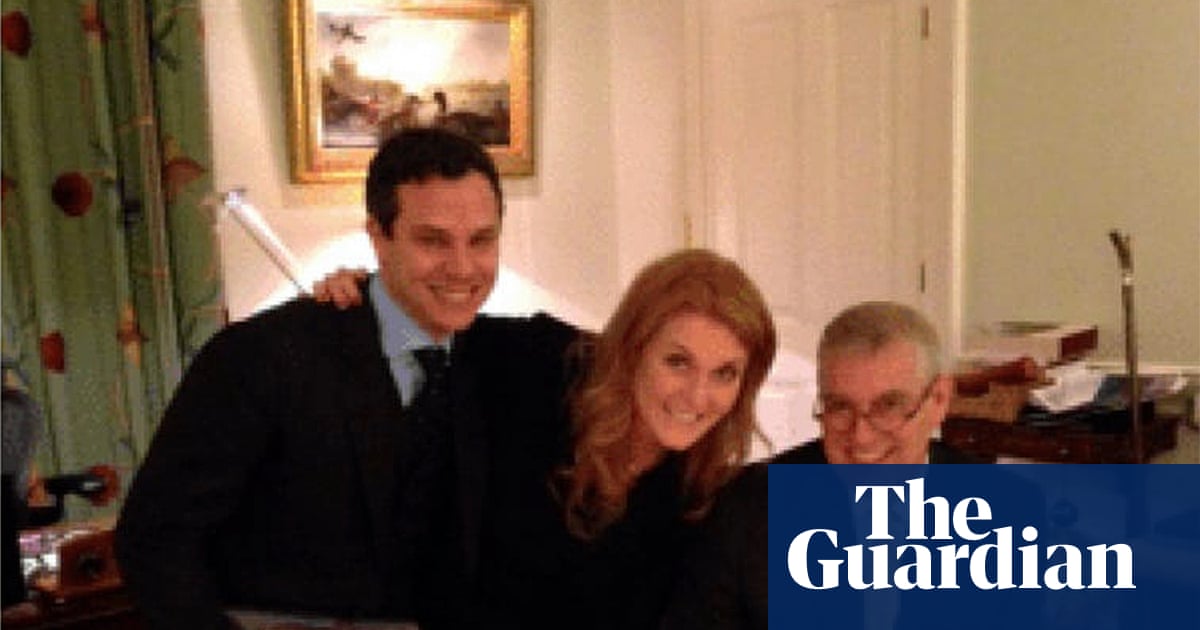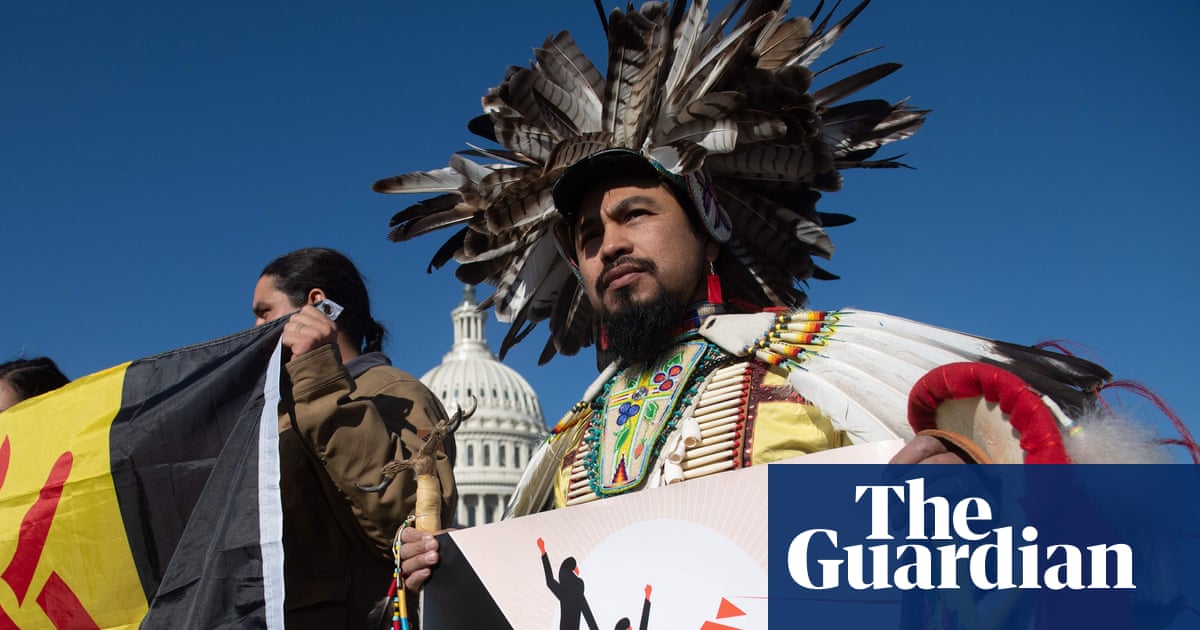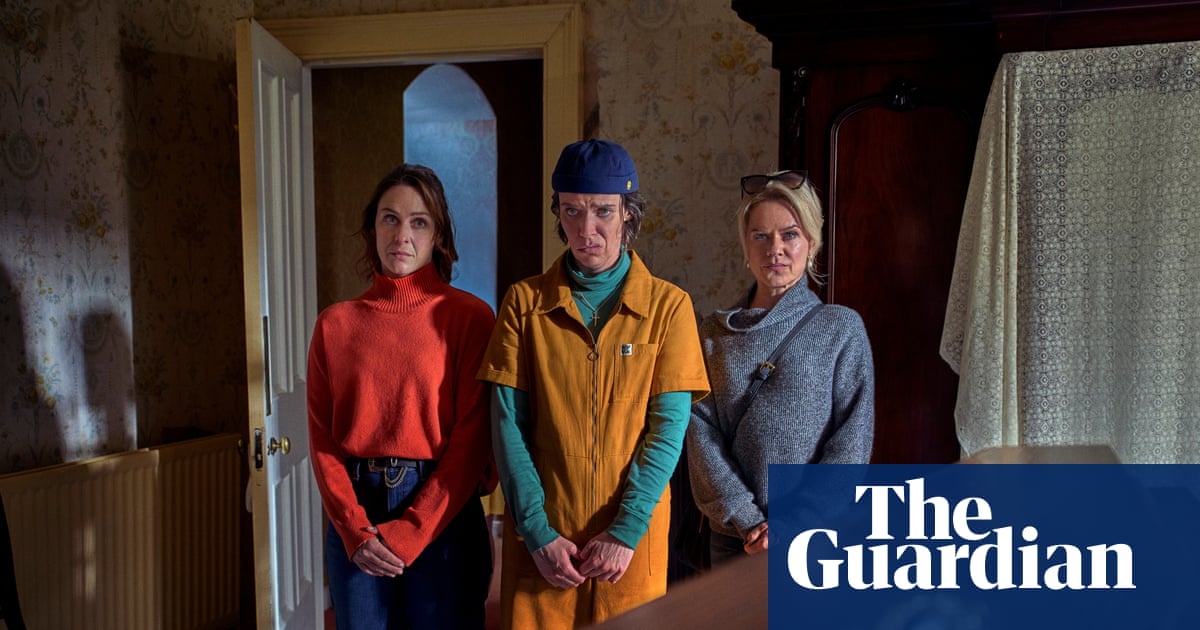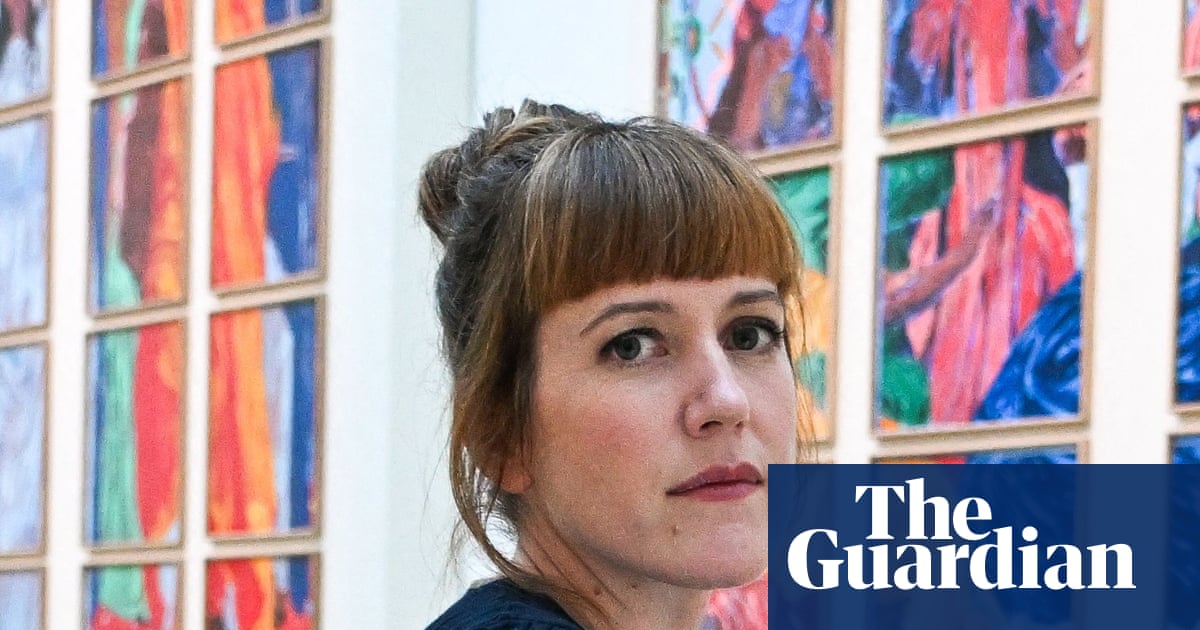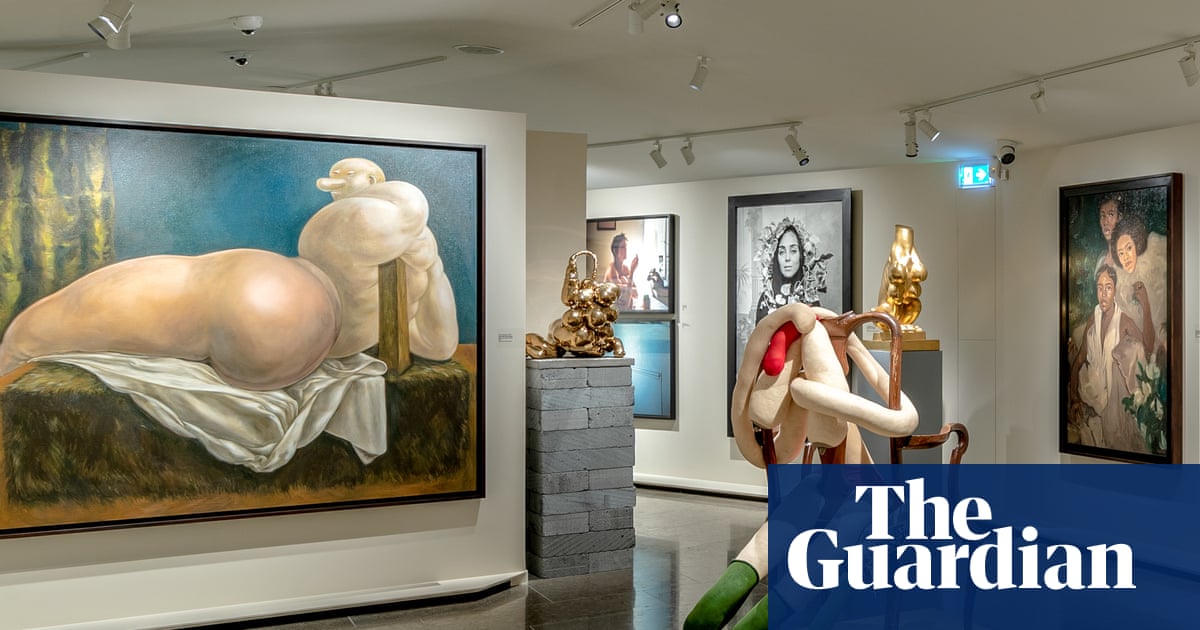Archie Fisher, who has died aged 86, was a leading figure in the Scottish folk revival from the 1960s to the present decade, described by Barbara Dickson as a “huge cultural icon in Scotland”. Performing both traditional songs and his own compositions, he toured England and Scotland, as well as the US and Canada. He was a gentle singer, with a rich and warm voice, and his songwriting featured distinctive melodies combined with strong poetic imagery.
Archie also presented the programme Travelling Folk on BBC Radio Scotland for 27 years, giving encouragement and inspiration to several generations of performers.
Singing was very much a tradition in the Fisher household. Archie’s father, John Fisher, was a police inspector in Glasgow, where Archie was born, who sang light operatic and popular songs and was a soloist with the City of Glasgow police choir. Archie’s mother, Morag (nee Macdonald), was a Gaelic speaker from Vatersay in the Outer Hebrides, who sang songs in Gaelic around the house.
Archie, named after his maternal grandfather, was the second born, with six sisters, five of whom joined him on a Topic Records album in 1966 – The Fisher Family: Traditional and New Songs from Scotland. Two of the sisters, Ray and Priscilla (Cilla) became nationally known professional folk singers, to be heard on numerous recordings.
After Hyndland senior secondary school, Archie joined the merchant navy. On a New Jersey jukebox he heard the Glaswegian Lonnie Donegan’s skiffle version of Rock Island Line and bought a guitar on his return home. Hearing the 1957 album The Weavers at Carnegie Hall and seeing Pete Seeger and then Josh White in concert in his late teens steered the direction of Archie’s music, making him more politically aware, and conscious of the Scottish song tradition. He sang at the newly opened Glasgow Folksong Club alongside an informal group of singers known as the Broomhill Bums.

Archie dropped out of agricultural college and, in 1960, moved to Edinburgh, where he joined the regular performers including Hamish Imlach, Bert Jansch and Billy Connolly at the celebrated folk club the Howff, which became a hive of activity during the Edinburgh fringe.
With the encouragement of the future Labour MP Norman Buchan, Archie and Ray recorded an EP, Far Over the North, for Topic in 1961, and they sang both solo and together on the albums Edinburgh Folk Festival volumes 1 and 2, for Decca, recorded during the fringe.
Following the lead of the BBC TV programme Tonight, which featured the folk singers Robin Hall and Jimmie Macgregor, Scottish Television introduced Here and Now, with songs from Archie and Ray, and they also appeared on the BBC’s Hoot’nanny Show (1963-64).
When Ray married and moved to Northumberland, Archie developed his solo career.
Archie’s recorded output was not extensive. His first solo, eponymous, album in 1968 and his third, Will Ye Gang, Love, in 1976, both concentrated on traditional Scottish songs, but his repertoire broadened out to include his own self-written songs, as heard first on his album Orfeo (1970).
His songs displayed the same story-telling qualities as the traditional repertoire. His best known songs included The Final Trawl, Men of Worth, the epic ballad-style The Witch of the Westmerlands and The Shipyard Apprentice, also known as The Fairfield Crane, written with Buchan and Bobby Campbell. Dark-Eyed Molly was covered by Fairport Convention and Eva Cassidy.
For many years, Archie lived in the Scottish Borders, where he kept horses and was a keen rider; he also pursued his deep interest in horse riding in Canada. Many of his songs reflected his love of the landscape and riding and their imagery, giving his most poignant songs including Ride Through the Rainbow, The Black Horse and Ontario Dust.
Archie’s 2008 album, Windward Away, his first for 20 years, included long-lost recordings from the 70s. His final album, The Best Times After All (2019), was with his long-time collaborator the Canadian Garnet Rogers.
Other collaborators included Dickson; they recorded an album of Jacobite songs, The Fate o’Charlie (1969), and a duo album, Thro’ the Recent Years (1970). Dickson described Archie as her “musical mentor”.
When Liam Clancy and Tommy Makem asked Archie to provide guitar accompaniment on a recording, he ended up producing the album and touring with them for five years.
Archie’s broadcasting work started when he produced radio documentaries for BBC Radio Scotland, leading to him researching and singing songs on particular themes for BBC Schools radio in Scotland.
His role with Travelling Folk – hosting the show from 1983 to 2010 – became far more than playing the latest folk releases. It was a magazine programme with interviews and live performances in the studio and occasional special concerts, including one with Joan Baez. Outside broadcasts included Scottish festivals and the Celtic Colours festival in Cape Breton Island, Canada.
Archie’s 80th birthday was celebrated at Glasgow’s Celtic Connections festival with a concert featuring leading figures of the folk revival. In 2006 he was appointed MBE for services to Scottish traditional music.
Archie is survived by four daughters, Cindy, Aileen, Andrea and Rebecca, and a son, Rhys, three grandchildren, three of his sisters, Cilla, Audrey and Joyce, and by his long-term partner, Stephanie Tristam.

 2 months ago
83
2 months ago
83









